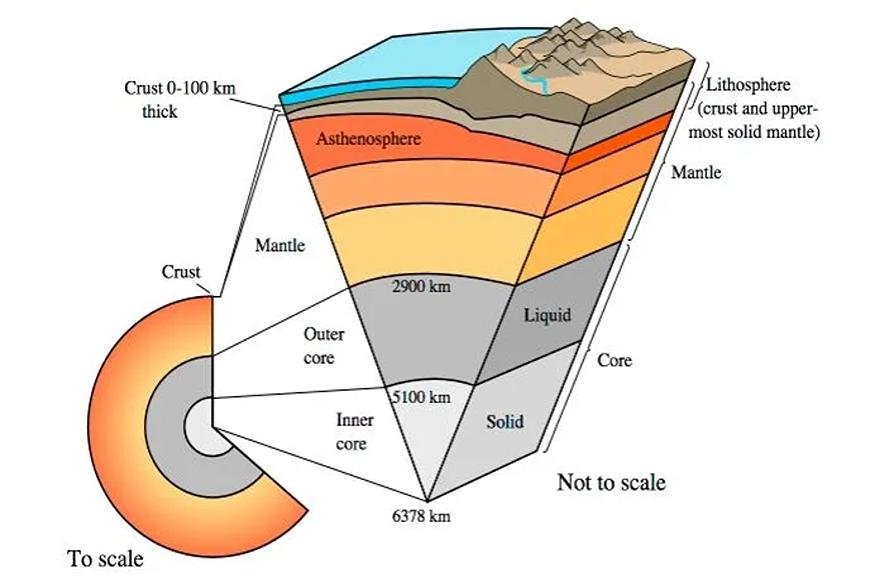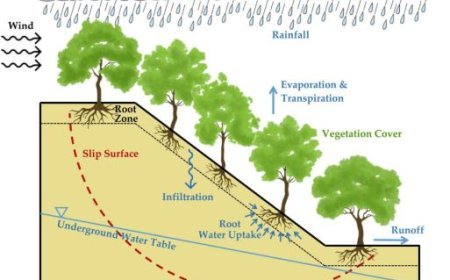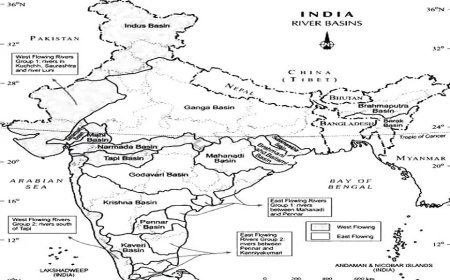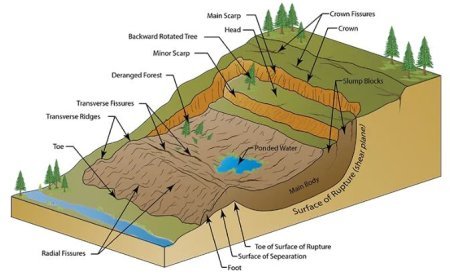PHYSICAL GEOLOGY
Physical Geology: Unveiling Earth's structure, from mountain peaks to the ocean floor, through the study of rocks, minerals, and landforms.

Petrology
- This branch of science investigates the formation, mineral content, structure, and history of rocks, particularly igneous and metamorphic rocks.
Mineralogy
- Minerals comprise the majority of the composition of minerals.
- The study of minerals, their crystal structure, composition, and classification is known as mineralogy.
Biochemistry
- Biochemistry is significant in the study of geology and is commonly referred to as geochemistry in this field.
- The Earth is made up of chemical components, and the materials and processes studied by geologists may be viewed through the lens of biochemistry.
Sedimentary Geology
- Sedimentary geology is the field of geology that studies the processes of sedimentary rock creation, deposition, and dispersion.
Stratigraphy
- This is the branch of geology concerned with the order and relative position of rock layers (strata) and their relationship to geological time.
Structural Geology
- This is the field of geology that analyzes rock forms on both a local and large scale.
What's Your Reaction?



































